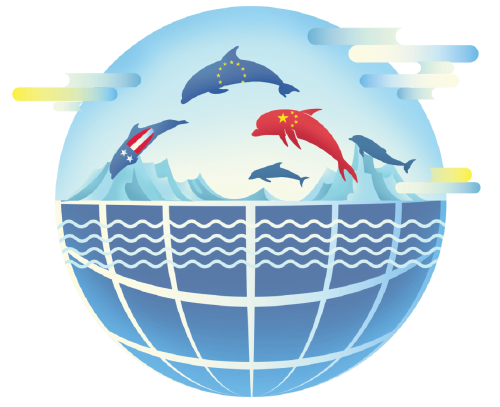The right path to overcoming "Westlessness" anxiety
Xinhua | Updated: 2021-02-22 07:46

For two years in a row, the world's major gathering on international security policy, the Munich Security Conference, focused on the term "Westlessness."
The restlessness behind this feeling of deficiency of the West seemed to come to a pause on Friday as leaders of major Western countries, such as US President Joe Biden, German Chancellor Angela Merkel, as well as leaders of NATO and other international organizations shared their views on "Beyond Westlessness," the theme of this year's event, in a live broadcast online.
Analysts say Friday's conference was a "warm-up party" to renew transatlantic cooperation amid a subtle change of tide across the Atlantic.
European leaders at the conference showed a sense of relief that the new president of the United States has vowed to "work closely" with Europe, and applauded Washington's new steps to rejoin the Paris Agreement and reverse the US process of withdrawing from the World Health Organization.
Despite all the optimism, many divisions among the Western allies persist, including energy policy concerning the Nord Stream 2 gas pipeline project, as well as the recent wrangle over the supply of medical equipment and the distribution of COVID-19 vaccines.
Meanwhile, a string of global and thorny challenges like the coronavirus crisis, economic recession, climate change and poverty cannot be solved by "the West" alone without the rest of the world, no matter how "Western" the West wants the world to be.
Unfortunately, speakers at the Munich Security Conference still displayed a lingering Cold War mindset, distinguishing "we" from "them."
Indeed, a nostalgia-inspired return to underline the superiority of the Western culture and stigmatize differences has become a powerful force. Believers of Western-centrism like to depict the world in antagonist terms ranging from "challenge," "competition" to "confrontation," and stoke fears of a different civilization.
Viewing an interconnected world through a simplistic binary lens could obscure the reality that the gravest threats are transnational and pay no heed to north, south, east or west.
Instead of trying to preserve yesterday's West-led world order, it is now up to all to look ahead and craft a more inclusive world order for the future.
The still-ravaging COVID-19 pandemic has once again reminded humanity that global problems require global efforts, and that the future of all countries is interconnected.
To go beyond "Westlessness" is not to move back to pursue Western assertiveness.
Just as UN Secretary-General Antonio Guterres said at the conference, the West needs to understand that "the world is now much more multi-polar," and "engage in a meaningful dialogue and cooperation with other key actors on the global stage."
To play a stronger global role in today's world, Western countries need to rise above ideological bias and join forces with countries that have different social systems, history and cultures and are at different development stages to work for the prosperity of a global village in which all have a stake.























